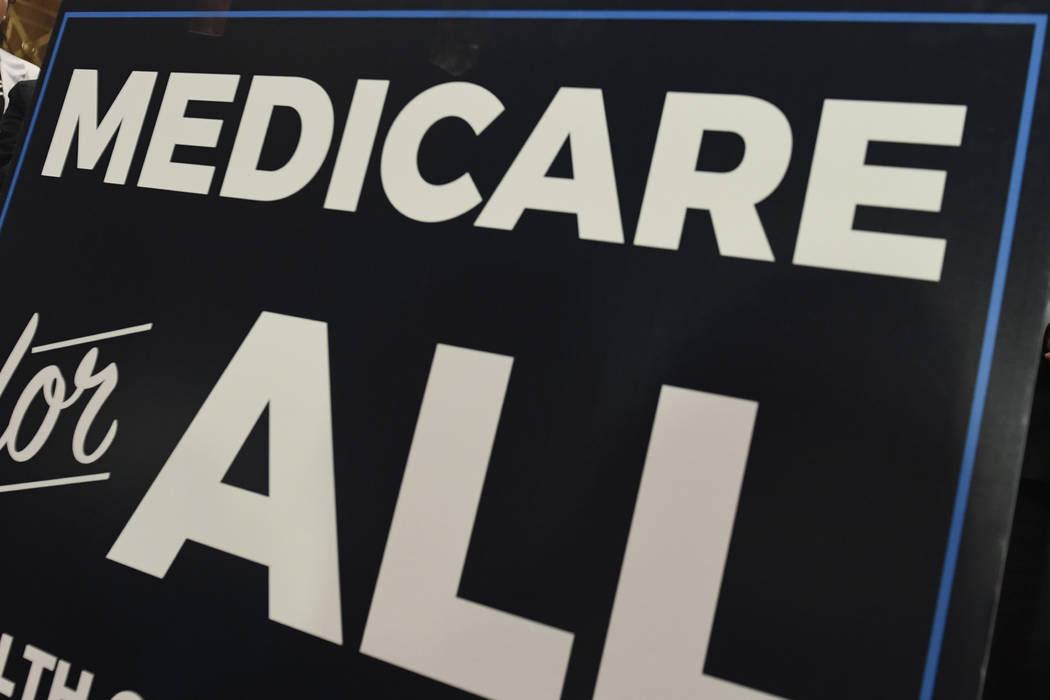Medicare, Social Security outlook remains shaky, report says
WASHINGTON — The financial condition of the government’s bedrock retirement programs for middle- and working-class Americans remains shaky, with Medicare pointed toward insolvency by 2026, according to a report Monday by the government’s overseers of Medicare and Social Security.
It paints a sobering picture of the programs, though it’s relatively unchanged from last year’s update. Social Security would become insolvent in 2035, one year later than previously estimated.
Both programs will need to eventually be addressed to avert automatic cuts should their trust funds run dry. Neither President Donald Trump nor Capitol Hill’s warring factions has put political perilous cost curbs on their to-do list.
The report is the latest update of the government’s troubled fiscal picture. It lands in a capital that has proven chronically unable to address it. Trump has declared benefit cuts to the nation’s signature retirement programs off limits and many Democratic presidential candidates are calling for expanding Medicare benefits rather than addressing the program’s worsening finances.
Many on both sides actually agree that it would be better for Washington to act sooner rather than later to shore up the programs rather than wait until they are on the brink of insolvency and have to weigh more drastic steps.
But potential cuts such as curbing inflationary increases for Social Security, hiking payroll taxes, or raising the Medicare retirement age are so politically freighted and toxic that Washington’s power players are mostly ignoring the problem.
Monday’s report by three Cabinet heads and Social Security’s acting commissioner, urges lawmakers to “take action sooner rather than later to address these shortfalls, so that a broader range of solutions can be considered and more time will be available to phase in changes while giving the public adequate time to prepare.”
If Congress doesn’t act, both programs would eventually be unable to cover the full cost of promised benefits. With Social Security that could mean automatic benefit cuts for most retirees, many of whom depend on the program to cover basic living costs.
For Medicare, it could mean that hospitals, nursing homes, and other medical providers would be paid only part of their agreed-upon fees.

















